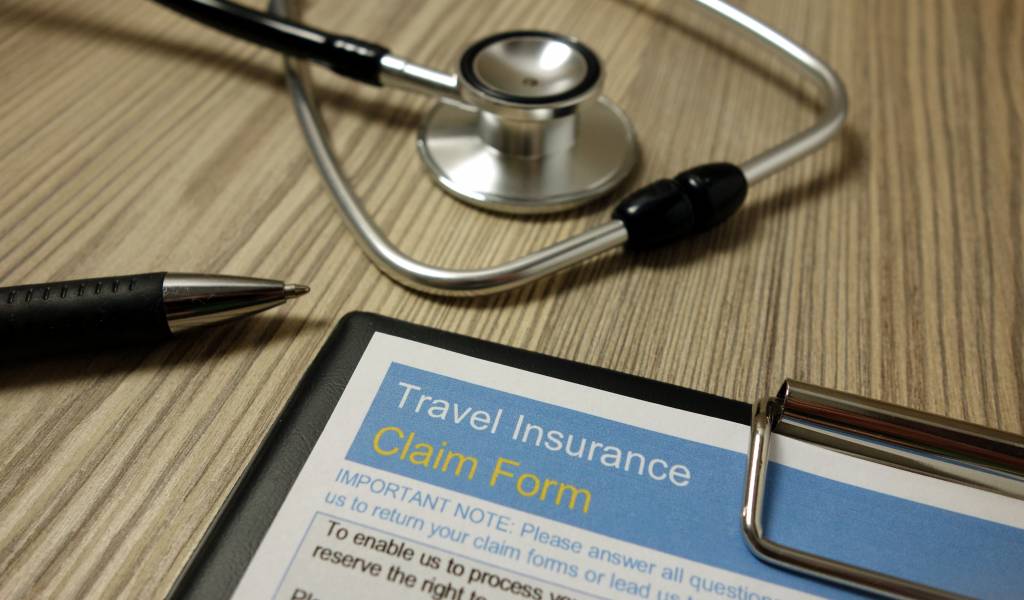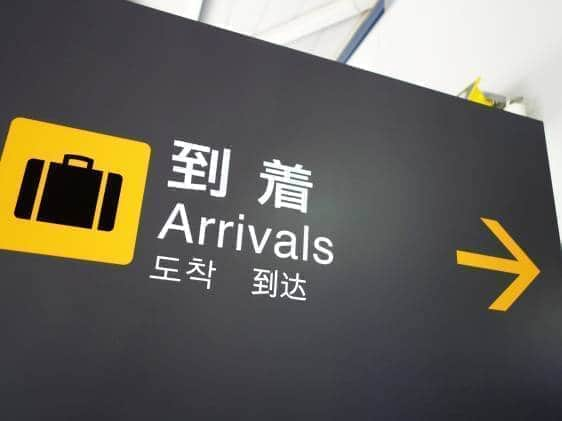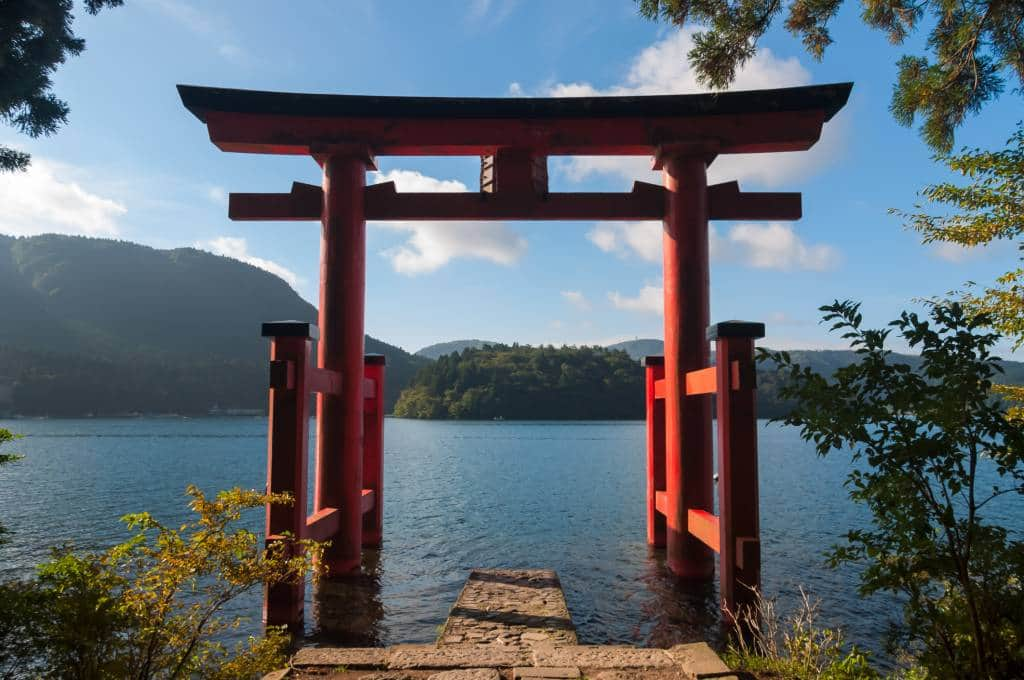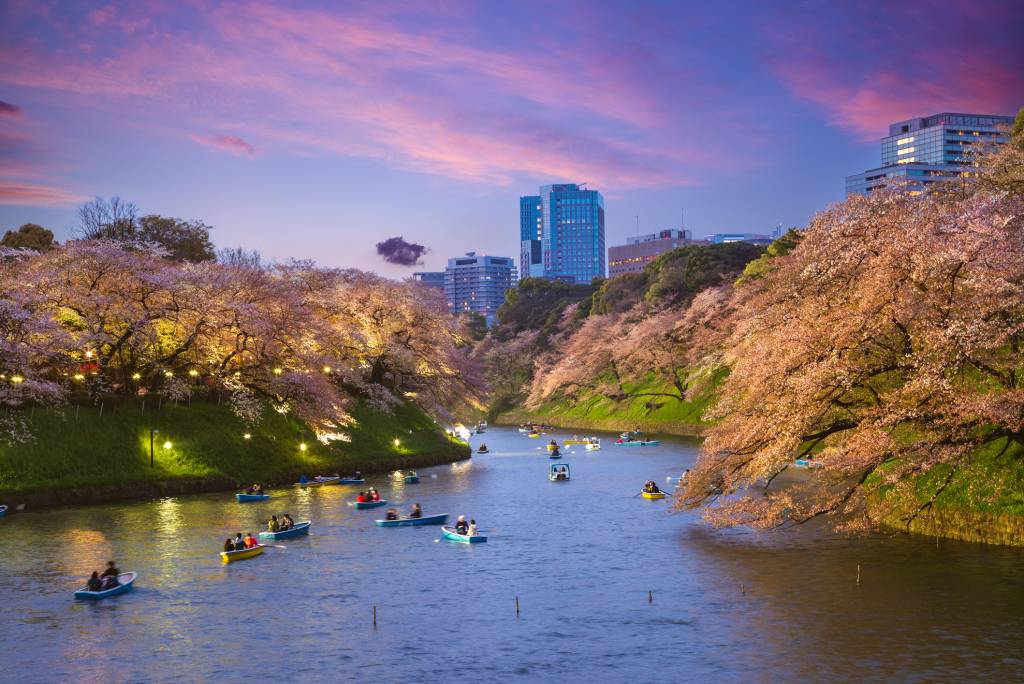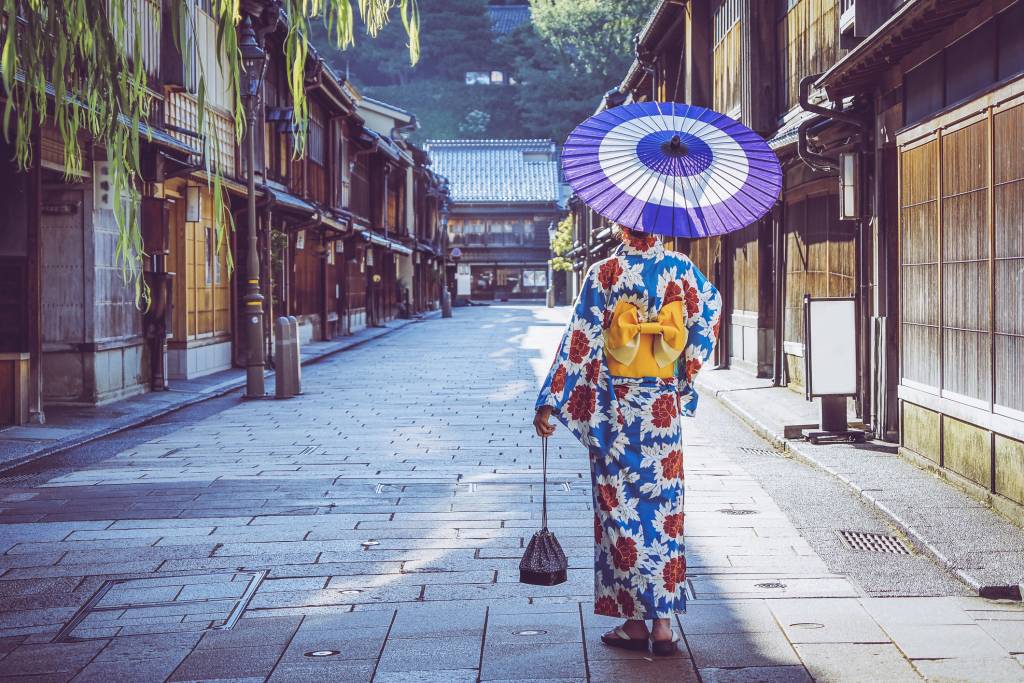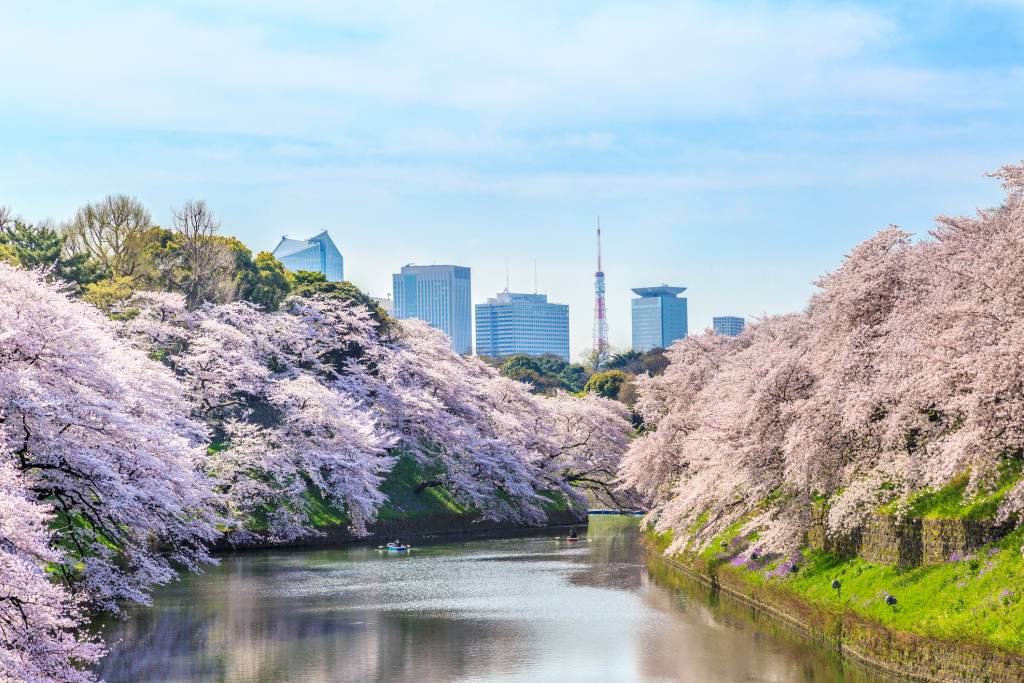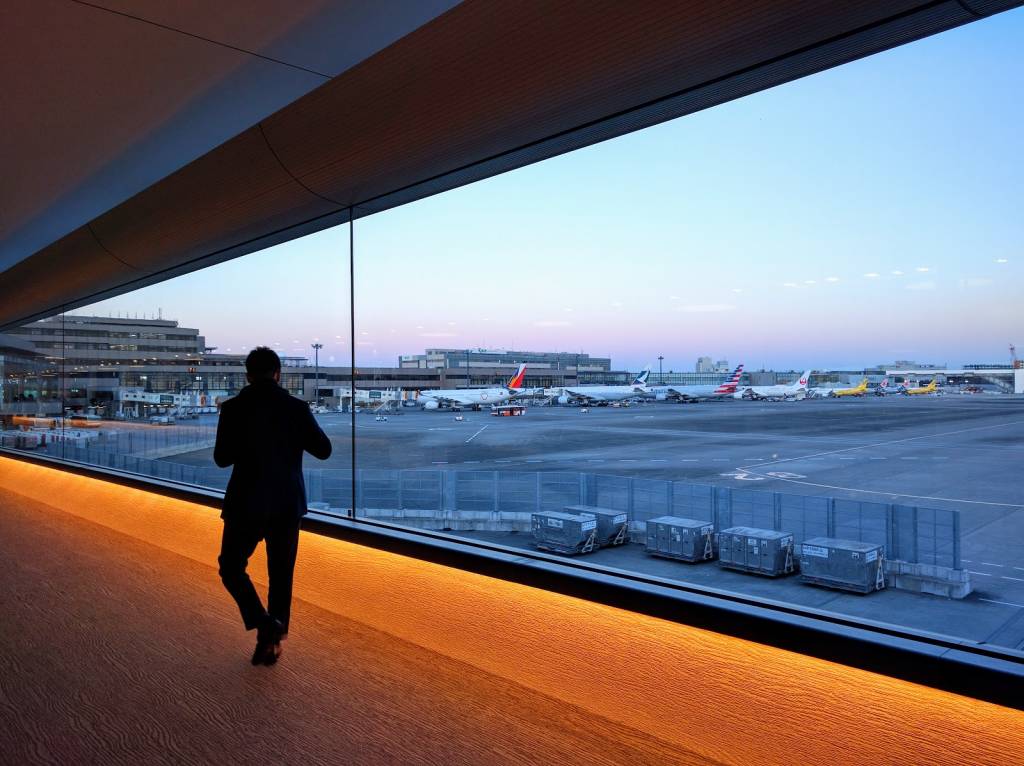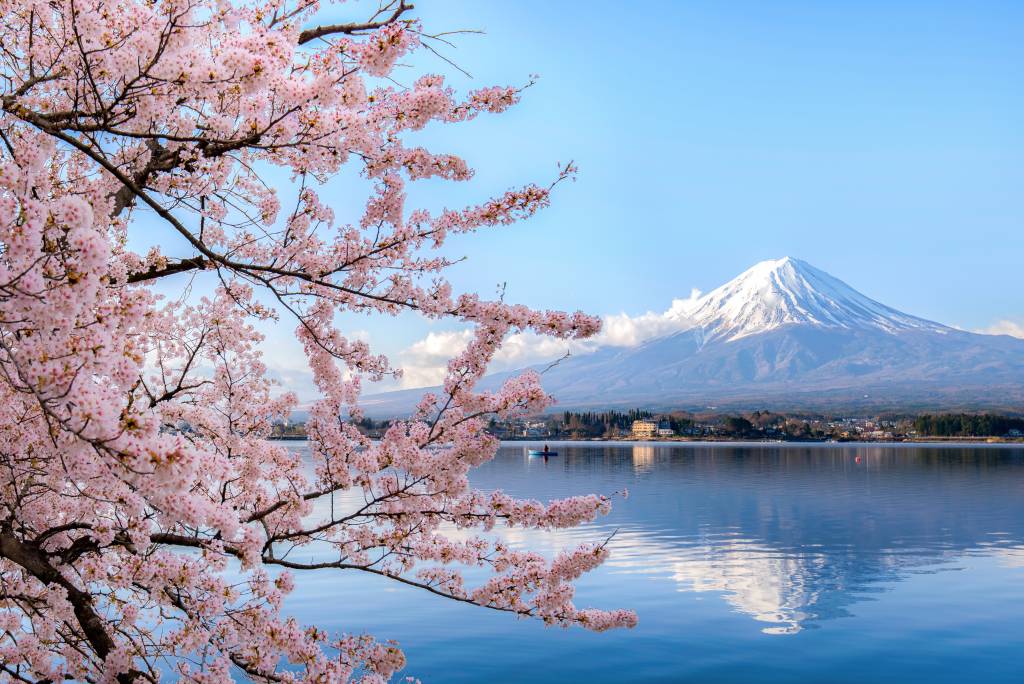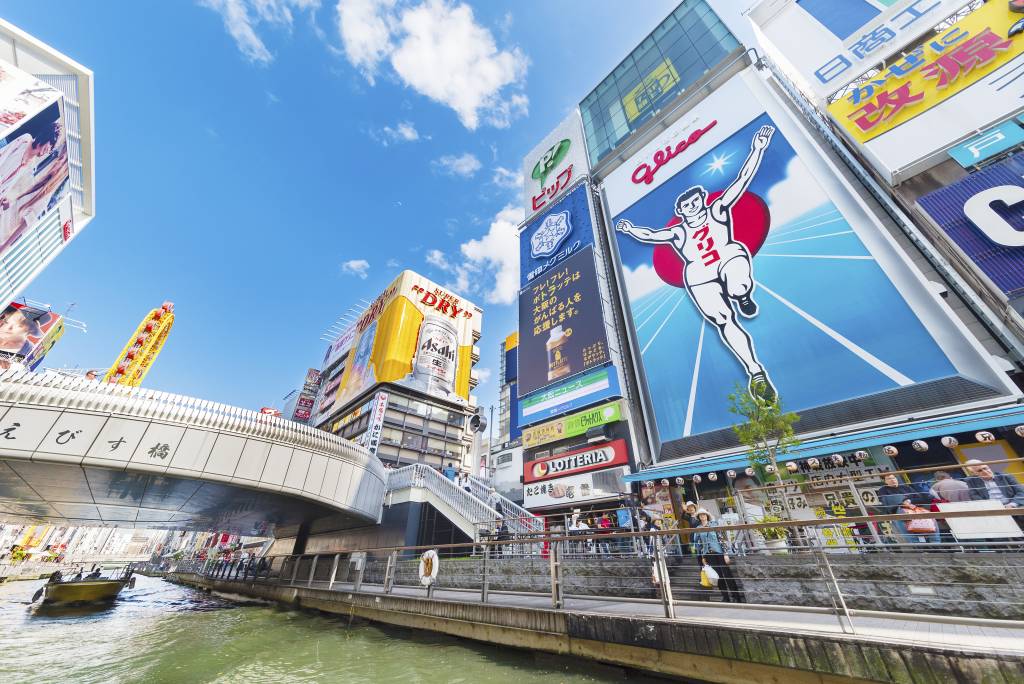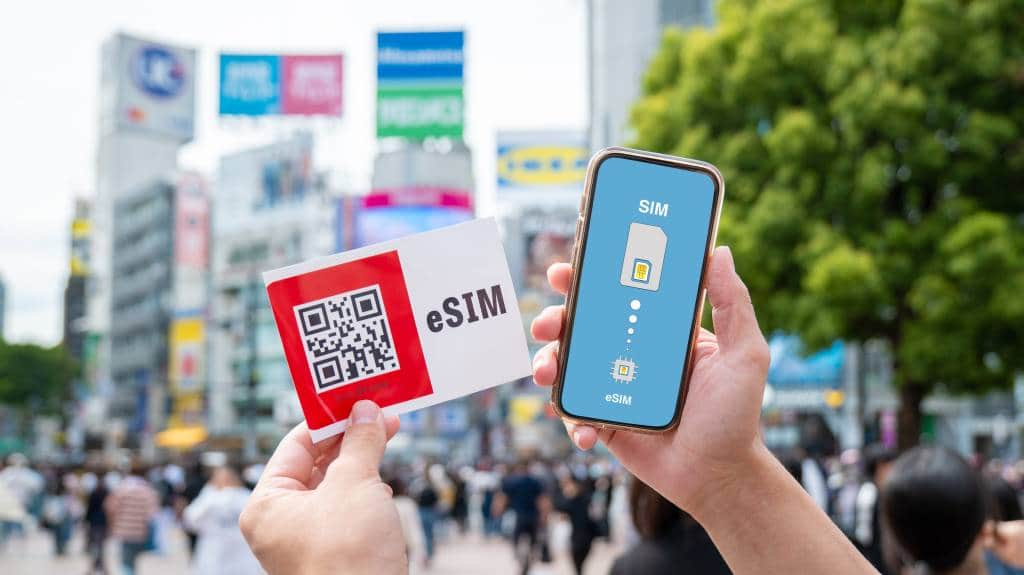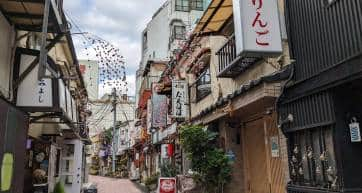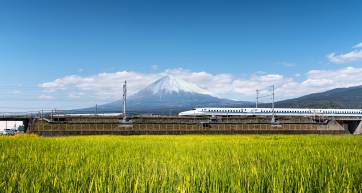Here’s what you need to know about travel insurance for Japan, with a comparison of some of the options available—including those that you can book when you’ve already started your trip.
A short but necessary disclaimer: Getting travel insurance is important, but we can’t make the decision for you. We can only provide information to hopefully make that decision a bit easier. Also, please note that we do not sell or provide insurance ourselves.
Note: Antibody tests and PCR tests needed for travel purposes are generally not covered by travel insurance. As always, read the T&Cs carefully!
Jump to:
You are ready for the adventure of a lifetime in Japan! What could possibly go wrong? A lot, actually.
Apart from the obvious travel disasters (think lost luggage, pinched passports or canceled flights), getting sick abroad is, unfortunately, a possibility—and one you’d be well-advised to insure yourself against.
While getting a basic prescription for medicine in Japan is generally affordable out of pocket, more serious medical considerations like hospitalization or transport back home can easily run into the thousands of dollars (US). Having a travel insurance policy can give you some peace of mind, and is something most travel experts recommend. We may be Cheapos, but we believe in playing it safe.
Do I really need travel insurance for Japan? I heard it is one of the safest countries in the world.
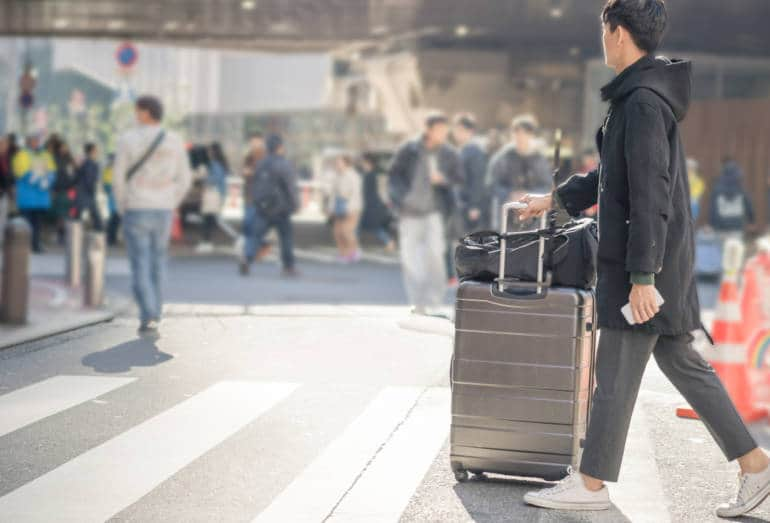
Good point. Japan is ranked as one of the safest countries in the world, with extremely low reported crime rates. But, while you may not have to worry too much about your stuff getting stolen, there are other things to consider, besides falling ill.
For example, Japan is frequently hit by typhoons. The typhoon season generally runs from late July to early October, but has started earlier and finished later in recent years. A big typhoon can lead to canceled flights, long delays or canceled trips and tours. There are also earthquakes and other concerns.
Aren’t delayed flights and lost luggage covered by airlines?
Almost all airlines will reimburse you for lost and delayed luggage, as well as canceled flights. But you’ll need to check the conditions on your ticket carefully, to be sure. While most travel insurance policies offer this as part of the package, you probably don’t need to double-insure yourself on this.
But things become fuzzier for your trip overall; think about the bullet train tickets and tours you might book in Japan. While you can often get refunds for tours canceled due to bad weather, you might be stuck with hotel and transport bookings that you don’t need anymore if your tour is called off. Many travel insurance policies click into gear in this case.
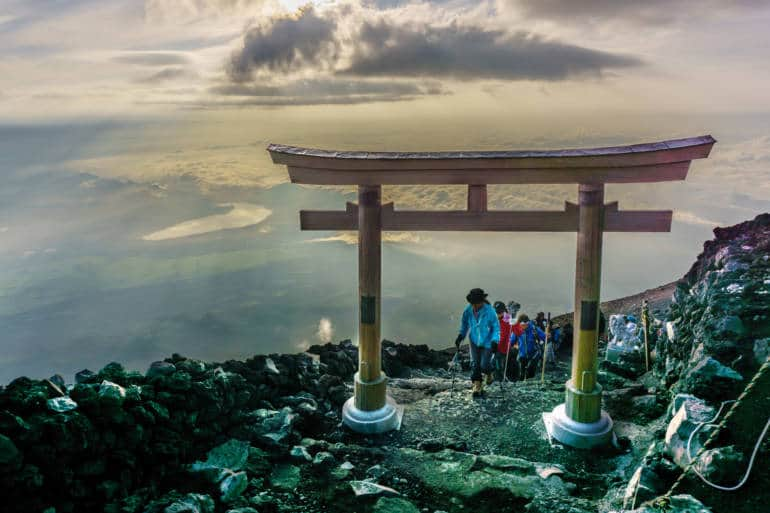
COVID-19, Japanese encephalitis and other health concerns
In light of the coronavirus (COVID-19) pandemic, many travelers are understandably worried about their upcoming travel plans. More on that below.
An older concern is Japanese encephalitis, which can be contracted via mosquito bites across most of Asia—not only in Japan. Luckily, it is extremely rare. It is estimated that less than one in a million travelers to Asia will contract the disease, and for most humans, it will be asymptomatic. A vaccine is available, but only recommended for those who will stay longer than one month in high-risk areas. Generally, bug-bite prevention is recommended as a first-line defense.
Other than that, it’s generally advisable to check that all your vaccines are up to date before embarking on your Japan trip.
Travel insurance and cancelations due to COVID-19
You might be wondering if your insurance covers cancelations due to COVID-19. In short, it will vary depending on your insurance provider. As always, check with your travel insurance provider and read the fine print and special conditions carefully. Never assume anything!
Travel insurance for Japan: What should your policy cover?
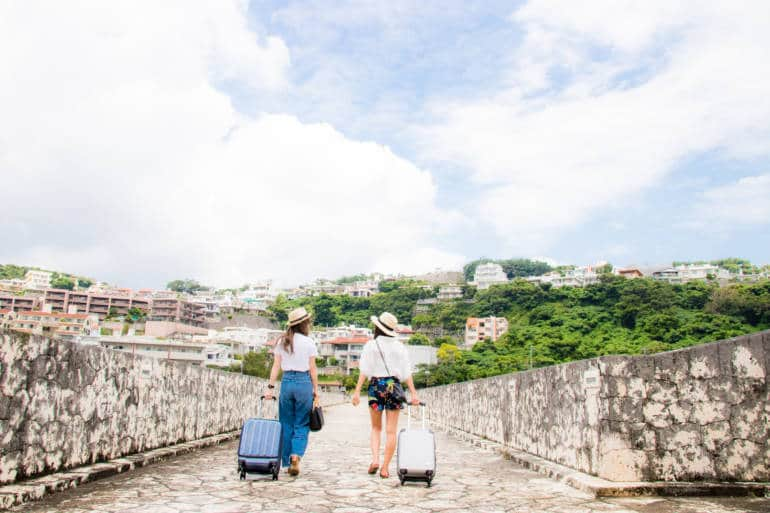
Generally speaking, the biggest items when it comes to travel incidents are medical expenses and emergency evacuations, which can run into the tens and even hundreds of thousands of dollars. So check that the Japan travel insurance or Japan travel health insurance policy you sign up for provides enough cover to make you feel comfortable.
Keep in mind that medical expenses really are for unforeseen situations and emergencies like accidents, or getting sick on the road. Medical tourism, check-ups or preventative treatments are usually not covered.
Anything else you might want to add to your travel insurance policy for Japan depends on what your itinerary looks like.
Comparing Japan insurance options for different types of travelers
Just a quick note before we get into it (another disclaimer): Always read the policy wording for any insurance very carefully before signing up. Terms and conditions can change over time, and also differ depending on factors like your age, country of residence, or how high you want your cover to be.
We can’t recommend one best Japan travel insurance policy for everyone because we all travel differently, but we hope this overview is a starting point for you to find travel insurance for Japan that suits you, personally, best. Also, prices are subject to change.
Travel medical insurance: SafetyWing
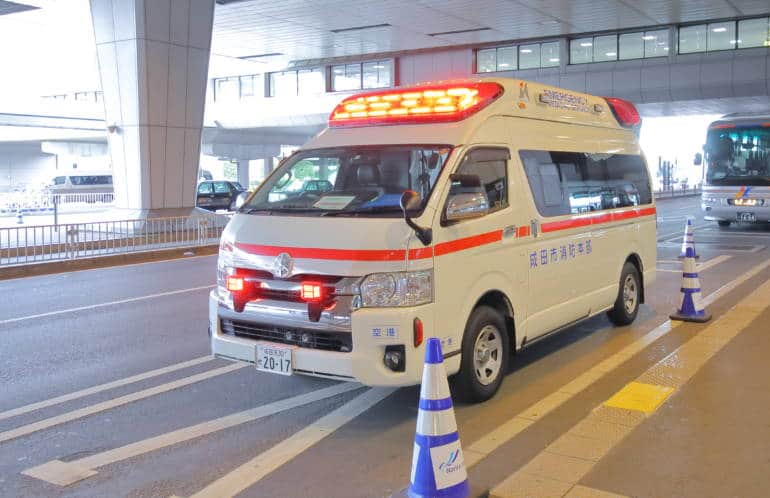
SafetyWing offers travel medical insurance at affordable rates, starting from approximately US$57 for four weeks, for travelers under 40.
What is different about their plan is that you can extend it indefinitely, until it reaches the maximum of 364 days — after which you can renew your policy. This makes it an interesting choice for long-term travelers and digital nomads. SafetyWing rolled out their travel medical insurance a few years ago and recently added other health insurance products for those without a fixed residence in one country.
A bonus is that you can kick off your SafetyWing travel medical insurance plan any time, even when already on the road. Besides emergency medical, their policy also covers the travel basics, including trip interruption, personal liability and lost luggage. Since August 1, 2020, SafetyWing has also covered COVID-19, and from April 15, 2021, unplanned quarantine is covered, too.
While it may be a fairly new kid on the insurance block, founded in 2017, SafetyWing is underwritten by Tokio Marine, one of the biggest underwriters in the world.

Another option for Southeast Asians: FWD
If you are from Singapore, Thailand, Vietnam, Malaysia, Indonesia, Hong Kong, Macau, Cambodia or the Philippines, you might want to take a look at FWD for travel insurance. Another fairly new insurer, they are expanding throughout Asia and seem to offer some of the cheapest plans we could find online, starting from approx. ¥2,200 for a single trip to Japan.
Their plan ticks all the usual travel insurance boxes, including medical evacuation cover, which is unlimited. It also seems to cover skiing—but confirm this with them.
Two other Japan travel insurance options: Atlas International and Travelex
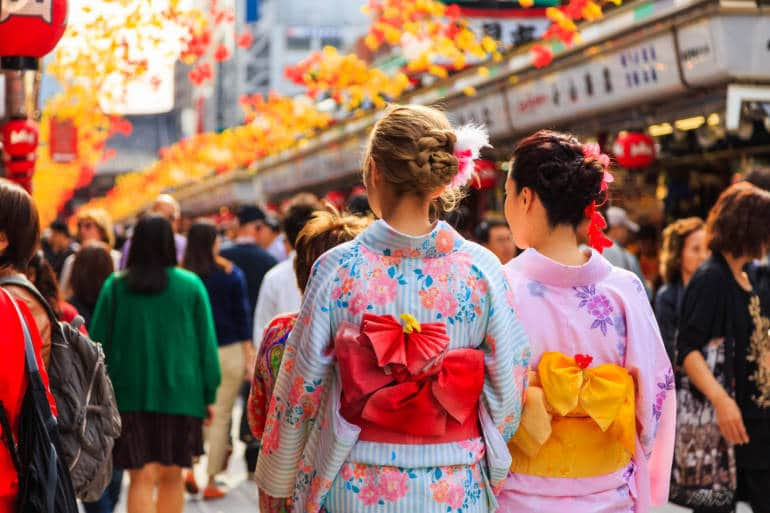
Starting at approximately US$23.00 for a two-week trip to Japan, Atlas International is available to citizens of most countries. They offer you the option to play with the sliders, so you can e.g. add a deductible to bring down the premium or push up the cover if you are happy to pay a bit more.
Travelex has been around for quite a while and is a popular choice with North Americans. They have a good reputation and their starting rates are affordable; however, their medical expense cover for US citizens might be a bit low, depending on your needs.
Japan travel insurance comparison chart
Here is a quick, rough comparison of the different insurers we’ve mentioned that offer cover for trips to Japan for global citizens. Remember, all prices are approximate and subject to change and will vary depending on your age, country of residence, length of stay and specific circumstances! Where basic vs. extended plans were available, we picked basic for the sake of comparison.
Scroll to see all the options, if they don’t show up on your screen.
| Provider | SafetyWing | Atlas International | Travelex | FWD |
|---|---|---|---|---|
| Cost per week from approx. | US$14.25 | US$11.50 | US$34.00 | ¥2,200 |
| Maximum duration | 364 days (can renew) | 1 year | 1 year | 6 months |
| Book on the road? | Yes | Policy can start on the same day | No | Policy can start on the same day |
Coverage overview
This is intended as a very brief overview only. Always check the coverage and T&Cs carefully on your own!
| Provider | Coverage |
|---|---|
| SafetyWing | Medical and emergency dental expenses, trip interruption, travel delay, lost luggage, natural disasters, political evacuation, emergency medical evacuation, personal liability, accidental death & dismemberment |
| Atlas International | Medical & repatriation expenses, indemnity benefit & visitation expenses, travel assistance, travel delay, lost luggage, personal accident, crisis response, personal liability, terrorism |
| Travelex | Trip cancelation, interruption and delay; emergency medical and dental coverage; emergency medical evacuation; accidental death & dismemberment, travel assistance services |
| FWD | Medical expenses, theft or damage to personal belongings, baggage delay, travel delay, liability cover, emergency assistance, travel disruption, travel inconvenience, emergency family travel, death or permanent disability |
Notes on the insurers:
SafetyWing has a higher premium for those over 39 years of age.
Travelex is a US insurer, but available for global citizens. Conditions may vary by country of residence, age and—notably—the total value of your trip that you want to insure.
FWD is available to citizens of 10 Asian countries and regions: Singapore, Malaysia, Cambodia, Indonesia, Vietnam, Thailand, the Philippines, Hong Kong, Japan and Macau, though the available insurance products differ by location.
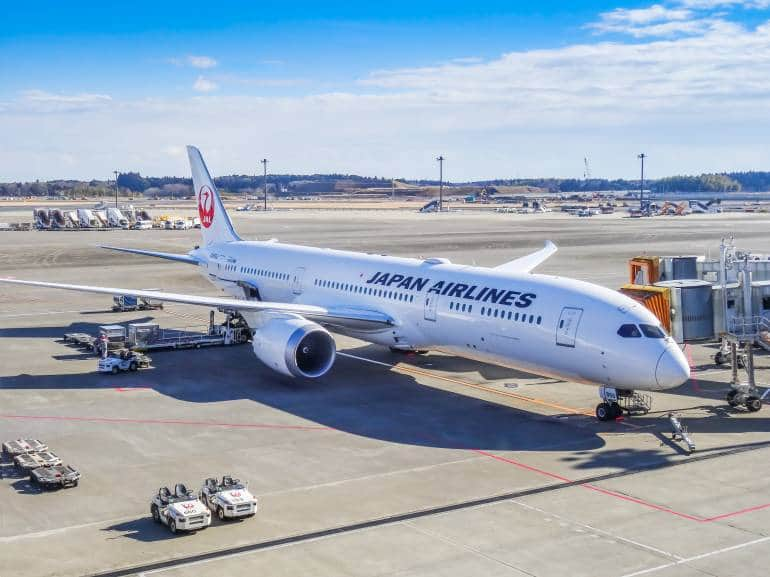
Japan travel insurance FAQs
You ask, we answer.
Is travel insurance required for Japan?
Generally, no—travel insurance is strongly recommended, rather than required, for Japan.
How much is travel insurance to Japan?
The cost of travel insurance for Japan depends on which provider you use for your policy. As a rough guide, it can range from ¥1,000 to ¥8,000 for a one-week trip, depending on your age, place of residence, itinerary, and preferences.
If you are under 40, a month-long travel medical insurance policy through SafetyWing will set you back approximately ¥4,700, or 42 USD. It’s a good idea to compare multiple policies to work out which is the best deal for your visit to Japan.
What’s the best travel insurance in Japan for foreign residents?
If you are a foreign resident of Japan, looking for travel insurance for your upcoming trip OUT of Japan, you have access to the insurance providers listed above, as well as local providers. If you have a Japanese credit card, you could start by asking whether any travel insurance is provided through that, and go from there.
Post first published in February, 2020. Last updated in December, 2021.

